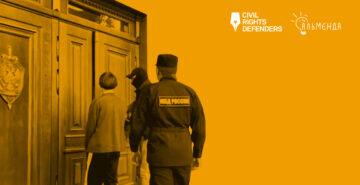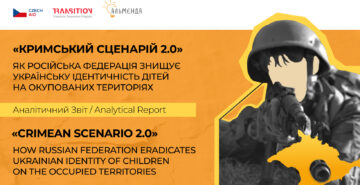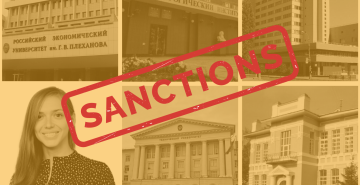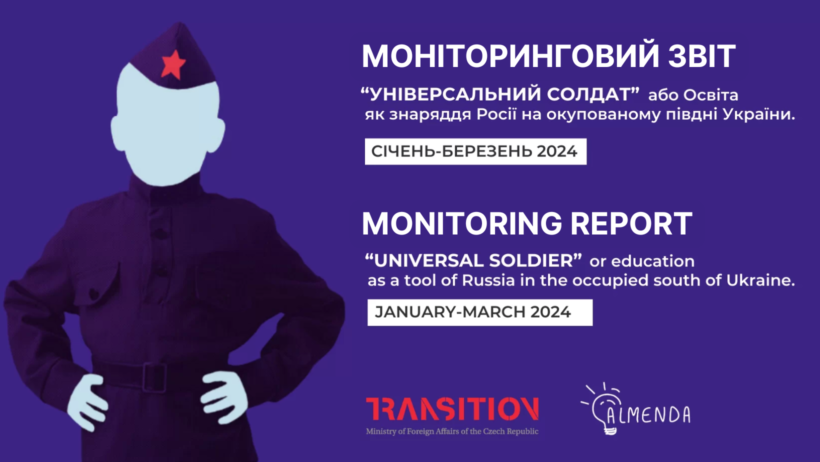

Monitoring Report (January-March 2024 «Universal Soldier», or Education as the Weapon of Russia In the Occupied South of Ukraine
Having occupied a part of Ukraine, Russia has taken control of absolutely all spheres of life, acting through the occupation authorities under its control.
Russia pays special attention to children and young people, as President Putin has openly stated:
‘Russia needs to gain a foothold in the new territories not only militarily and politically, but also by working with people so that they understand the benefits of being part of the Russian Federation.’
To achieve this goal, Russia is pursuing a deliberate policy of destroying Ukrainian
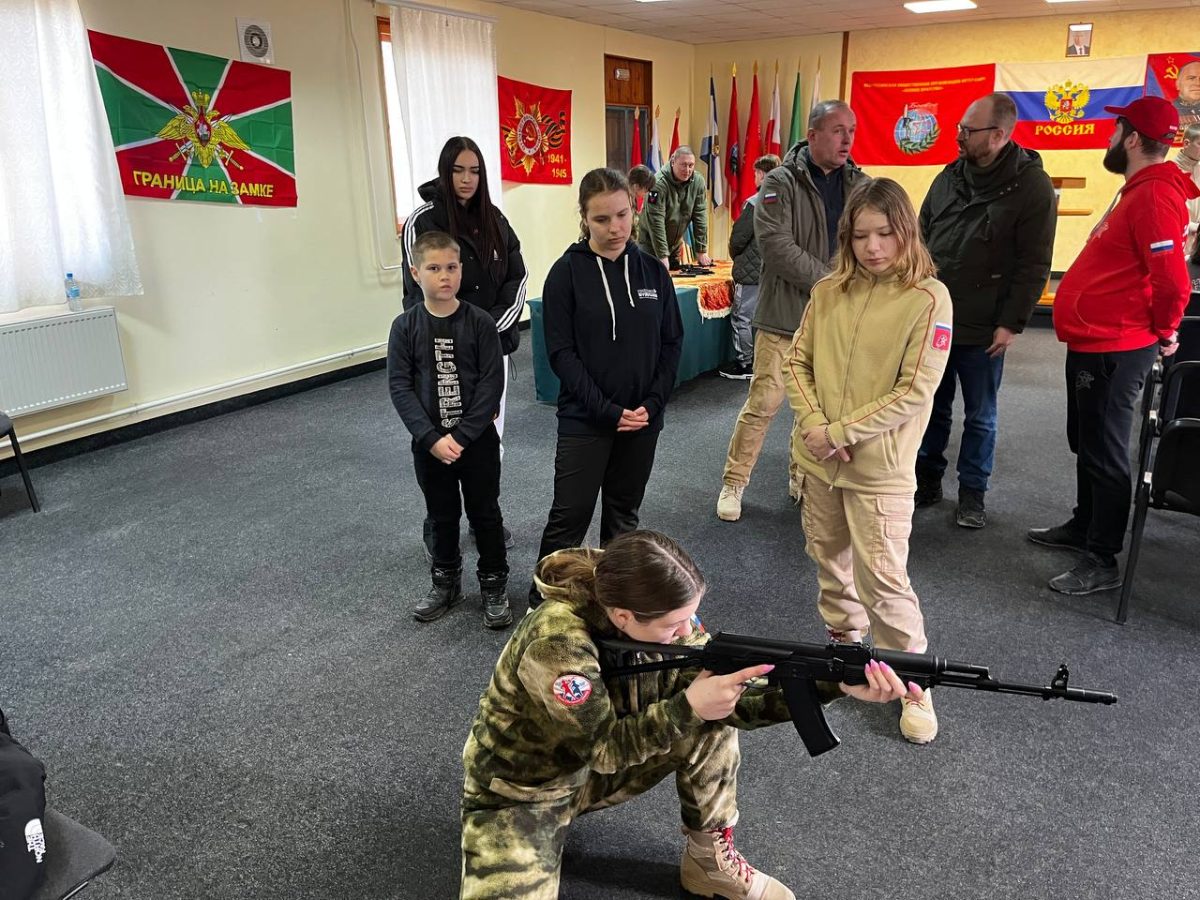

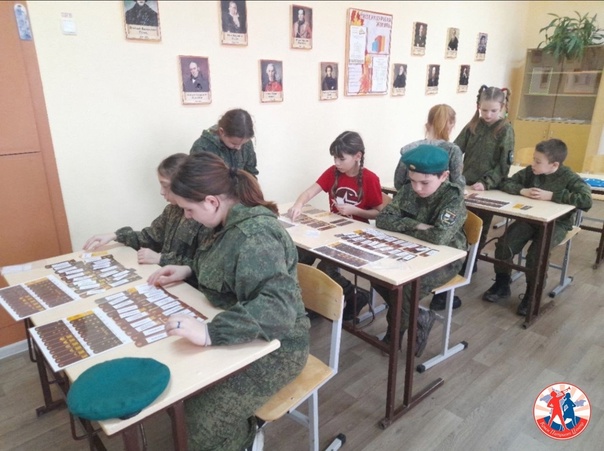

.
Russia’s actions are aimed at full assimilation of the population of the occupied territories and at fostering in children a desire to support the armed forces of the Russian Federation, including voluntary enlistment in the Russian army when they reach the appropriate age.
The actions recorded during the monitoring period that were committed in the temporarily occupied territories (hereinafter – TOT) directly or through the occupation authorities controlled by Russia constitute violations of a number of articles of international legal acts, such as
- Universal Declaration of Human Rights;
- Convention on the Rights of the Child;
- International Covenant on Economic, Social and Cultural Rights;
- International Covenant on Civil and Political Rights;
- Convention relative to the Protection of Civilian Persons in Time of War (Fourth Geneva Convention).
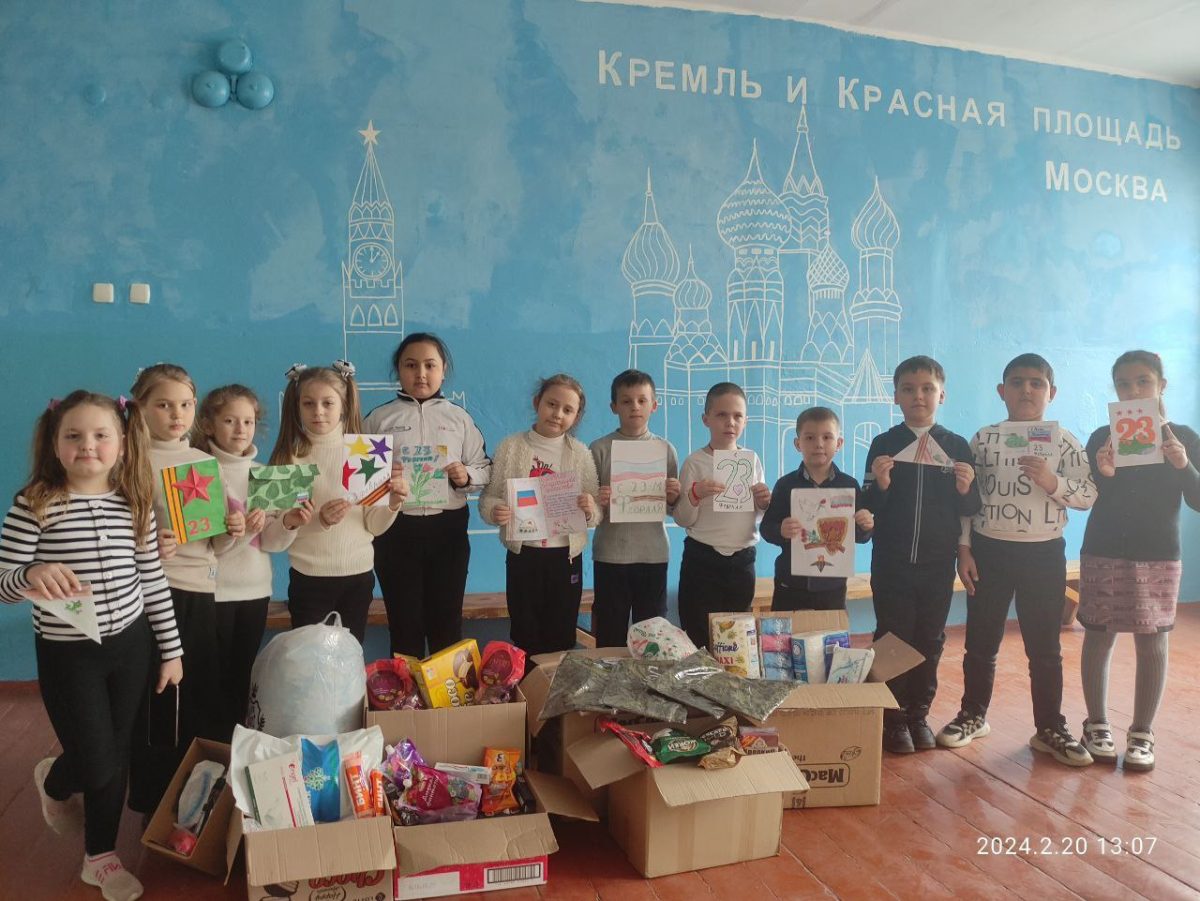

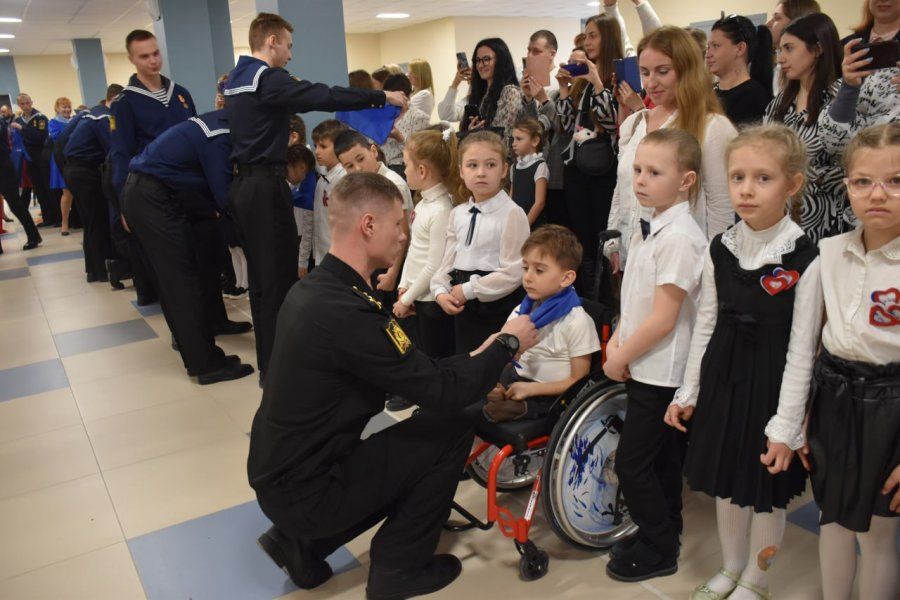

.
In this Monitoring Report we have compiled brief information for the period January-March 2024 on how Russia continues its illegal policy in the temporarily occupied territories of the Autonomous Republic of Crimea, Kherson and Zaporizhzhia regions to militarise and indoctrinate Ukrainian children and youth.
The monitoring report was prepared by the Centre for Civic Education “Almenda” as part of the project “Childhood Unchained: Standing Against Occupation`s Impact”. The project is implemented with the financial support of the Ministry of Foreign Affairs of the Czech Republic as part of the Transition Promotion Programme. The views expressed in this report are those of the authors and do not reflect the official position of the Ministry of Foreign Affairs of the Czech Republic

